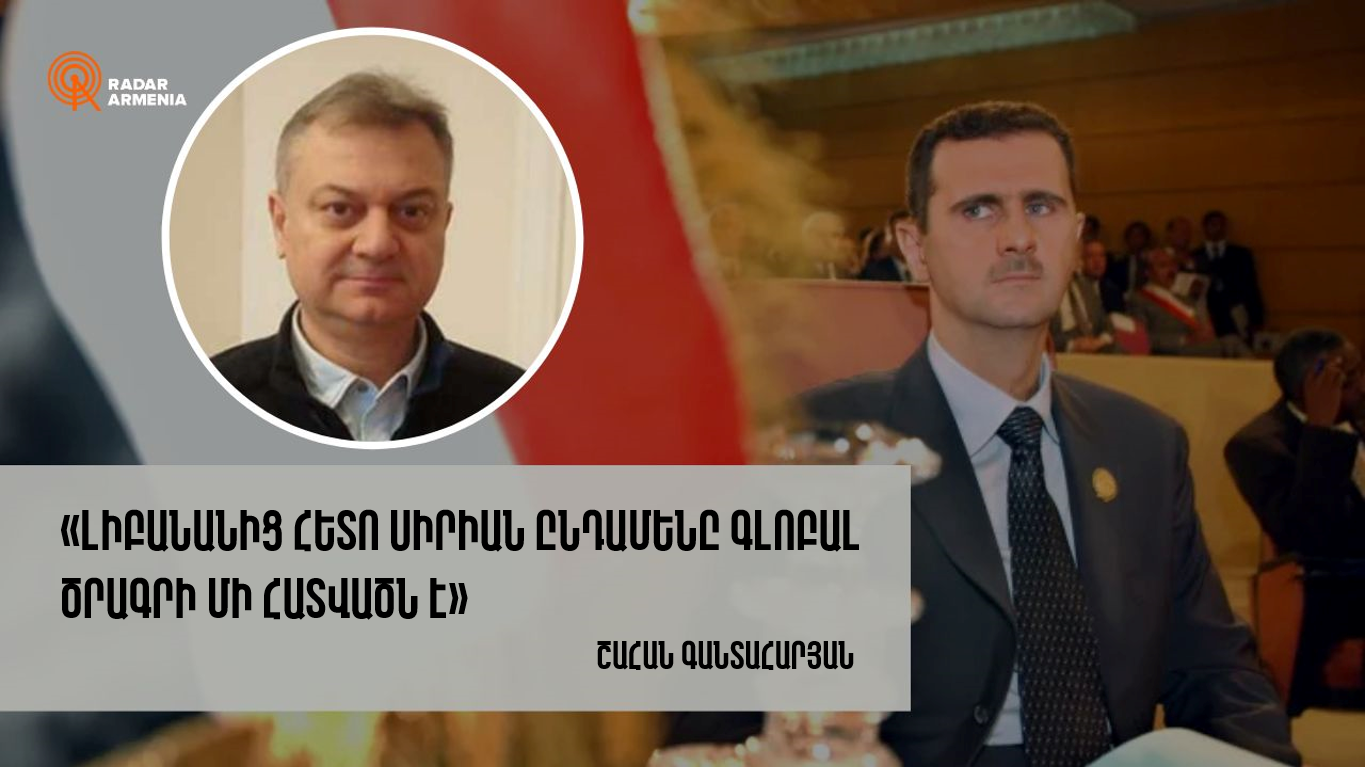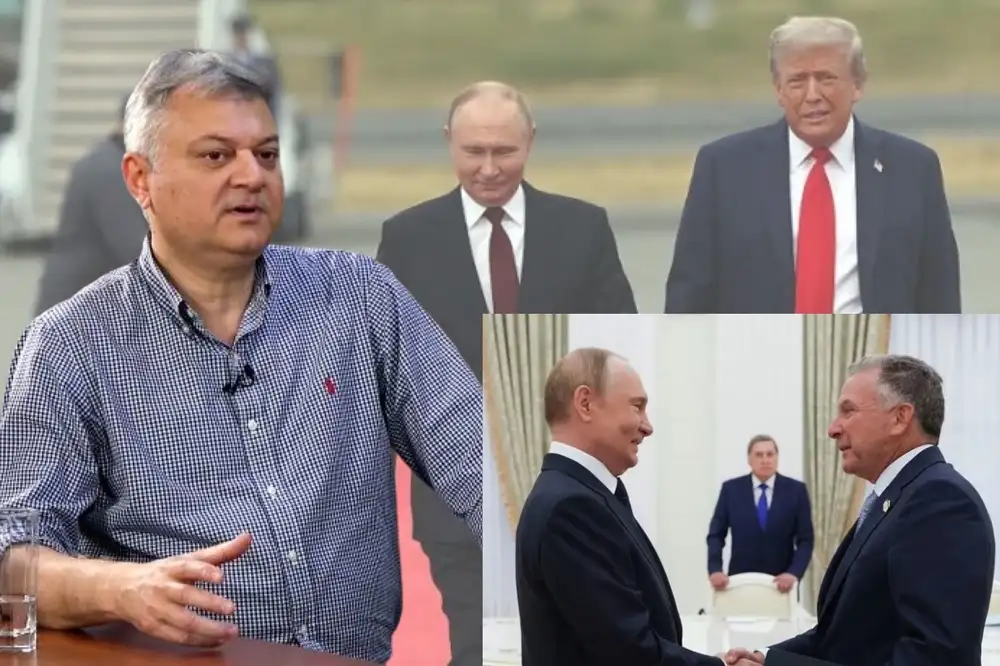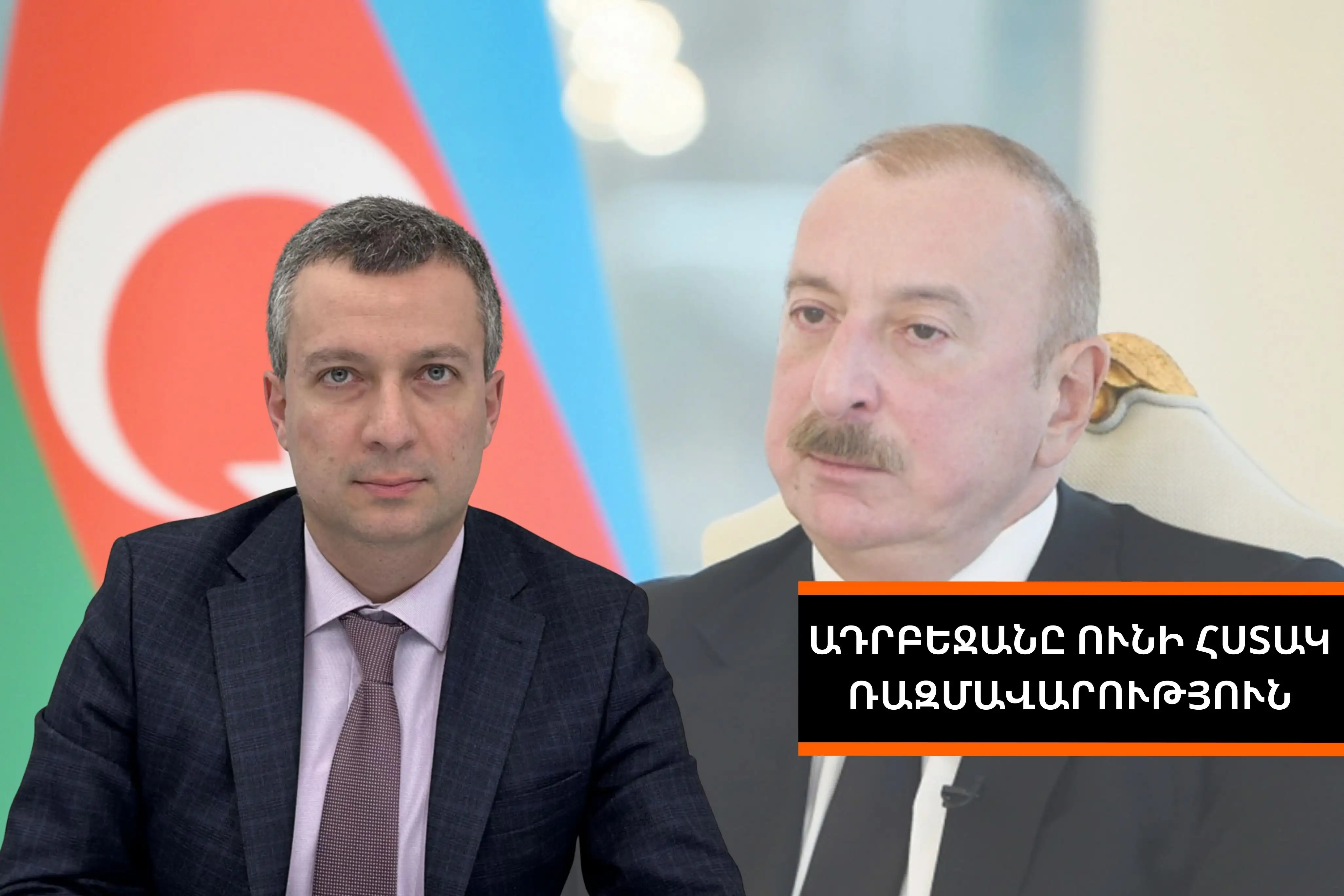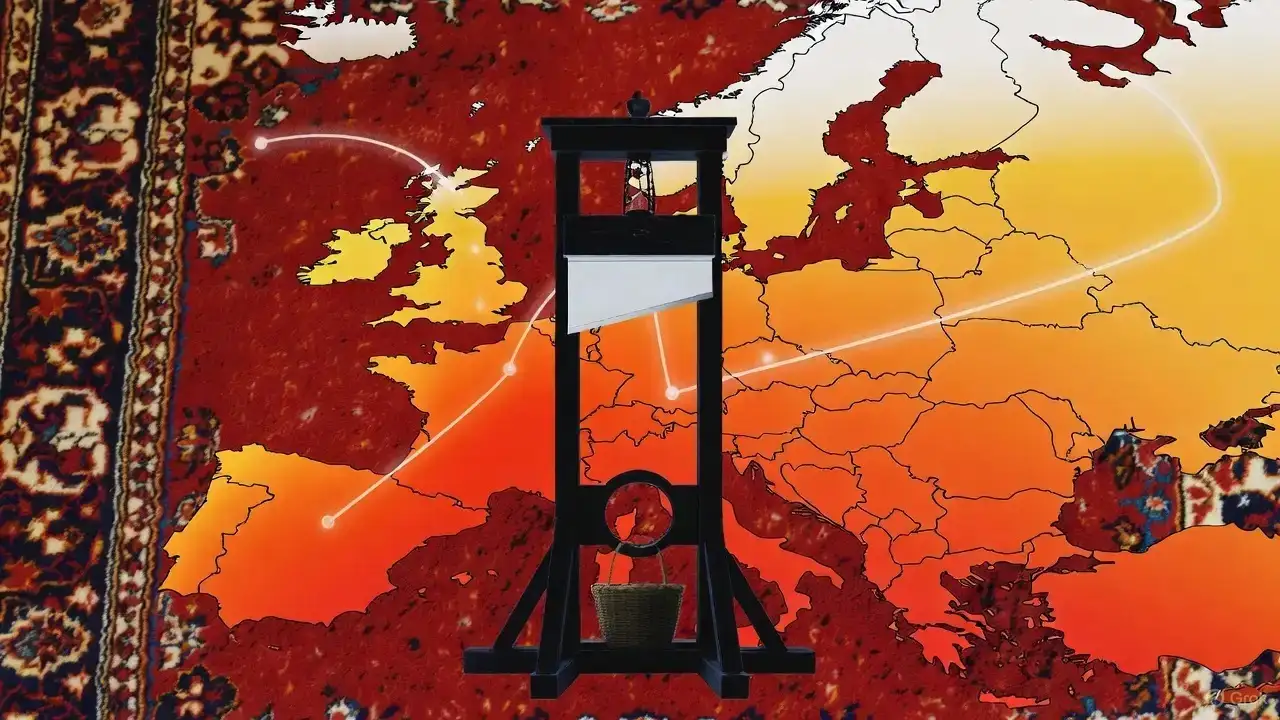Radar Armenia spoke with international expert Shahan Gantaharyan about the fall of Bashar Assad's power in Syria, the causes of those events, and the impact on the region.
- How would you interpret the latest developments in Syria? Was this a change of power or a coup?
- In the general view of the events of Syria, we can conclude the cancellation of the Astana agreement, moreover, with some agreement between the three countries. The Assad regime rested on Russian and Iranian pillars. Hours after the cease-fire in Lebanon, the attack began. The Iranian bases, shown by the forces of "Hezbollah," left their positions. The Russian Air Force ceased operations after receiving limited support. The current regime could not continue its existence. Lebanon-Syria and, generally, there are interconnected actions and drastic changes in the situation, which speak of a new regional political mapping.
- Why did Bashar Assad give up power by leaving the country? Was there an alternative for you?
- I think he had no choice. In previous situations, when Moscow was actively involved in maintaining the regime, even if he wanted to resign, they would not let it go. Now, they ordered him to leave. The complete dependence, especially on the Russian Federation, was apparent recently.
- Is removing Assad from power an irreversible reality, or is it possible to return?
- At the moment, I think it isn't easy to imagine such a scenario. Especially since coastal Syria, which was considered a Russian domain, is under the control of new forces. Russian warships left their previous positions.
- The Russian Federation and the opposition by Turkey supported Assad. Did Russia not want to protect Assad at the last moment, ceding Syria to Turkey? And, in this context, was what happened a fixed match or not?
- The transaction was somewhat visible. Erdogan's statement is simply spectacular. Damascus did not respond to Ankara's request for dialogue, and what happened happened. He said that after Idlib, Hama, and Homs, the final goal is Damascus and expressed hope that there will be no untoward incidents during this march. This was also a message to his other colleagues in Astana not to join forces. Iran made it clear that the Lebanon-Syria resistance network was cut off after the Israeli attacks, and Moscow said with the same clarity that the Syrian forces were leaving their positions and were not going to fight for them.
The result of the actions is that the interests of Israel and Turkey coincide, contrary to the Ankara-Tel Aviv rhetorical war. The crucial point here is the Kurdish factor. Suppose the Syrian forces attack the Kurdish forces and contribute to establishing the proposed security zone. In that case, it means that Israel has just once again exploited the Kurds and made an agreement with Turkey. The neutralization of the Alavi-Shia factor is in the interests of both Ankara and Tel Aviv, which is being implemented very quickly.
What developments can be expected if we consider that Israel has also resorted to certain actions?
- In the form of Lebanon and Syria, however, in fact, with a global observation, it should be noted that Iran's proxies are weakening. The previously classified terrorist groups develop new concepts and have tasks with tactical transformations. Even the groups carrying out activities that are notable for their non-Islamic intolerance are now talking about the peaceful coexistence of people following different religions. Terrorist and anti-terrorist fields were the camps of the new world order; now, the cards are being shuffled. The result is that these forces worked to neutralize the strongholds of the Shia forces and break their network structure. This plan to divide the region into Sunnistan and Shiistan is working. The transformation of terrorist groups is now also a means of redrawing the spheres of influence, just as the revitalization of terrorist groups under the guise of religious extremism was a means of starting this project.
- Finally, what consequences can the incident have on our region?
- The advantages Israel gained in the Middle East can cheer up its ally, Baku. Erdogan's warning that the events in Syria turned out this way because Damascus did not respond to Ankara's call for dialogue can also be understood in another direction. We are talking about the urge to sign the agreement with Azerbaijan. Here, again, the junction is the provision of the Nakhichevan-Azerbaijan connection. The abandonment of Iran's positions in Syria may also lead to a change of position in this direction. The West will have the last word here. The problem is how to solve the issue of unblocking the channels without the status of the corridor. It is no coincidence that Turkey and Azerbaijan reactivated the demand for the corridor on the threshold of Middle Eastern developments.
Arman Galoyan


















